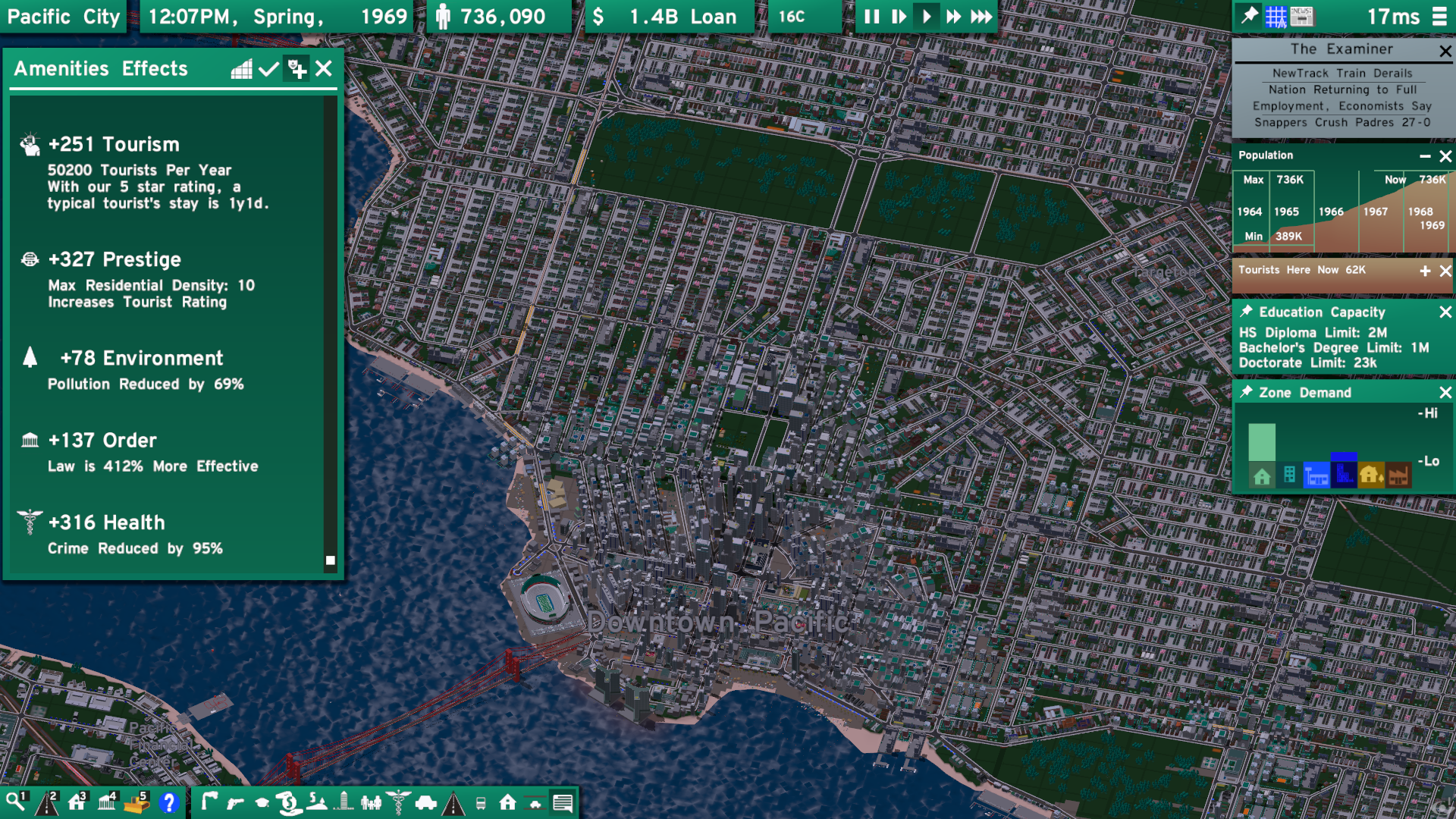Friday Facts #72: Conference Call

supersoup:
This week, we at Lone Pine Games had the chance to attend the Steamworks Virtual Conference on Building a Community. Keynotes and round tables took up a sizable portion of Tuesday’s midday. It was a powerful experience that was scarcely hampered by the transition to web-only, and left me hungry for more developer conferences in-person or online in the future.
Valve and the team at Steamworks put on an incredible show. Kudos all around for bringing everything together without a hitch, and extra special thanks to keynote speakers Gautam, Alden, Adil from Valve, Jenny from Rose City Games, and Joe from System Era Softworks. While it was a huge investment of time and effort, the round tables were very valuable for so many newly forged indie developers.
I largely vacuumed up notes on autopilot as I tried to mentally organize and file this firehose of incoming and meaningful data. By the end there I had somewhere in the vicinity of 10 pages. Of course I lean more into development than community management, so the largest swath of those words were sourced from Gautam’s keynote Let Updates Do The Talking.

My experience has been that the easiest and fastest way to communicate with the community is directly. Either through blog posts such as this or interactions across social media channels. And of course, actions speak louder than words; development with an update focused approach can often be left with long gaps of wind-swept silence. There is certainly a balance to be struck. However, letting our updates have a share of the conversation is an opportunity for us at Lone Pine Games that I’m interested in exploring in more detail.
What exactly does it mean to let an update do the talking? As a case-in-point, Gautam from the Counter-Strike: Global Offensive team offered the release of a significant weapon change for one of the world’s best known e-sports. While he didn’t mention it by name, I’ve been playing CS:GO since the very beginning. It wasn’t hard to reason out that he was referring to either the release of the R8 revolver or the buff to the AUG.
If you aren’t familiar with CS:GO, these were two seemingly small changes that powerfully tilted the entire metagame for weeks on end. Imagine that you’re playing your favorite game, and then after one otherwise innocuous weekly update, every implicit rule and guideline you’ve come to rely on gets thrown out the window. “So this is my life now,” you think, as you struggle to relearn everything you thought you knew. In the community we even referred to the AUG buff as the “Desolation of AUG,” so potent was its biting flame.

In both cases the CS:GO team did something unusual in the game development world. They went radio silent. Some may see this as a dereliction of duty, but behind-the-scenes, they were hard at work. Feedback was coming in hot from every direction. Many players were even calling for them to roll back the update completely; the nuclear option, if you will. Valve needed to clear the air and determine a clear path forward.
So they turned to their analytics. Rather than risk making another change that would further destabilize the ecosystem and upset more players, they let the data drive their approach. And you know what? Despite the outcry, the data showed that neither the R8 or the AUG were as powerful as everyone believed they were. At least compared to the overwhelming consensus on social media.
So they set their plan into action. Without speaking a word directly, they acknowledged the misstep with an unscheduled and prompt patch shortly thereafter. In both cases, they adjusted the weapons slightly to better slot them into specific roles instead of having so many wide-ranging and powerful uses. And in both cases, the outcry died down shortly thereafter. Rather than issue an apology or otherwise engage on social media to discuss the midstep, they made the tweaks they needed to make and moved on.

This is a bit of an extreme case; after all, indie developers thrive on engaging with our communities. But this is an example of how to just shut up and make the game dev magic happen when necessary. Let the updates speak so you don’t have to, then keep developing.
That wasn’t even close to the only take away from the day. There was a torrential deluge of information – a proverbial flood of sweet spring water for game development. We’ll be processing the conference for some time. I know I will, at least. It will take some time to integrate this wealth of knowledge shared by veterans in the industry.
In the near term, while I can’t speak for the rest of the team, I came away energized and excited for the future. Sometimes I have to just take a step back, look around, and remind myself of how blessed I am to make games for a living.
Here’s to more conferences in the future!
Questions? Comments? Feedback on the game? Sound off on our Discord.
As always, we’re incredibly thankful for our great community across the web. We love seeing the hard work and attention to detail you pour into your cities, and it inspires us every day to keep building. Thank you again for your support.
If you want to play the game and haven’t got it yet, head over to our Steam page. We’re also on Reddit and Twitter. Give us a follow if you haven’t, and we’ll keep you up to date on what’s new with NewCity!

 Itch Store (DRM Free!)
Itch Store (DRM Free!)
 Steam Store
Steam Store
 /r/NewCity
/r/NewCity
 Discord Chat
Discord Chat
 @lone_pine_games
@lone_pine_games
 YouTube
YouTube
 Twitch
Twitch
 info@lonepine.io
info@lonepine.io